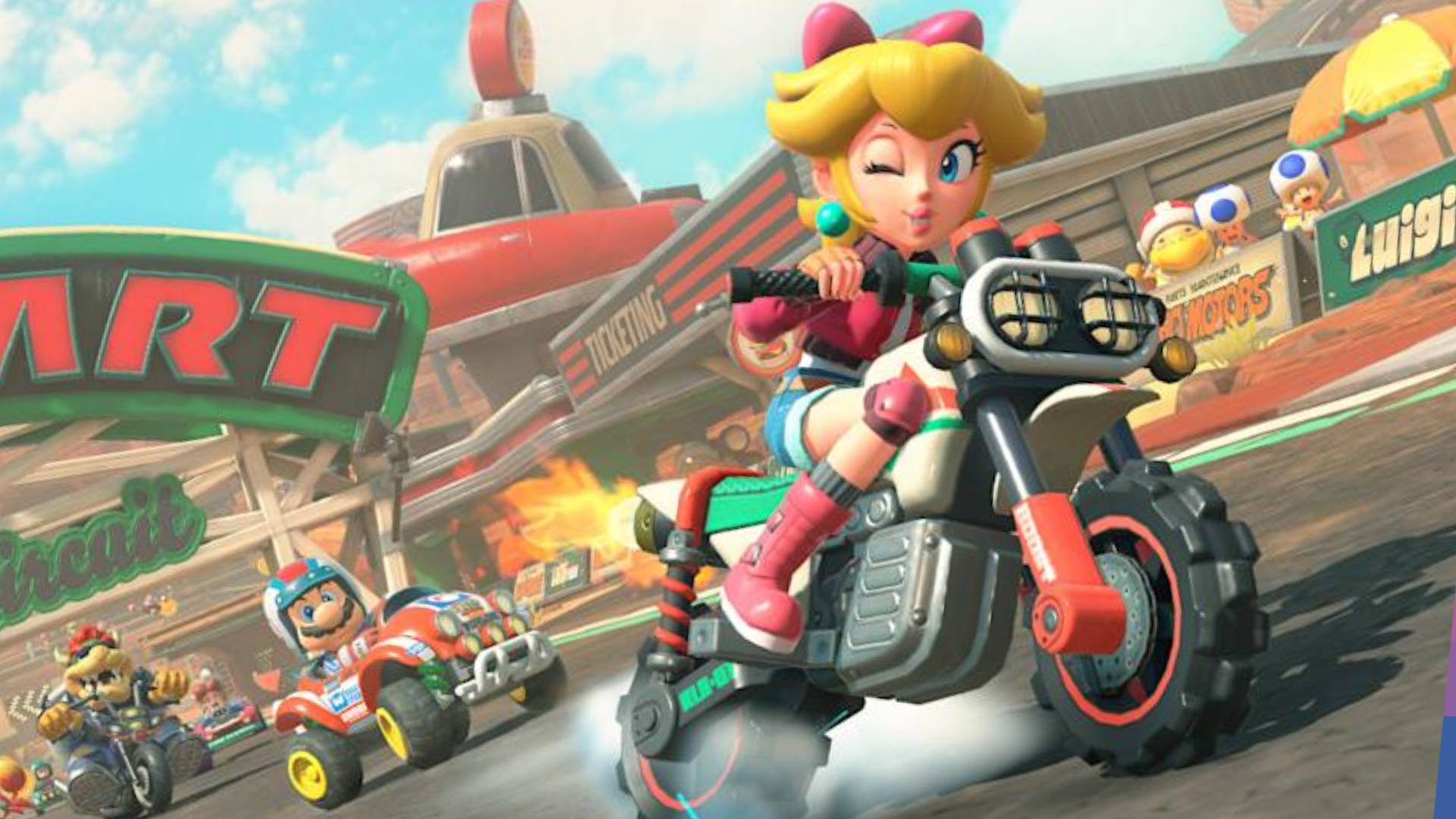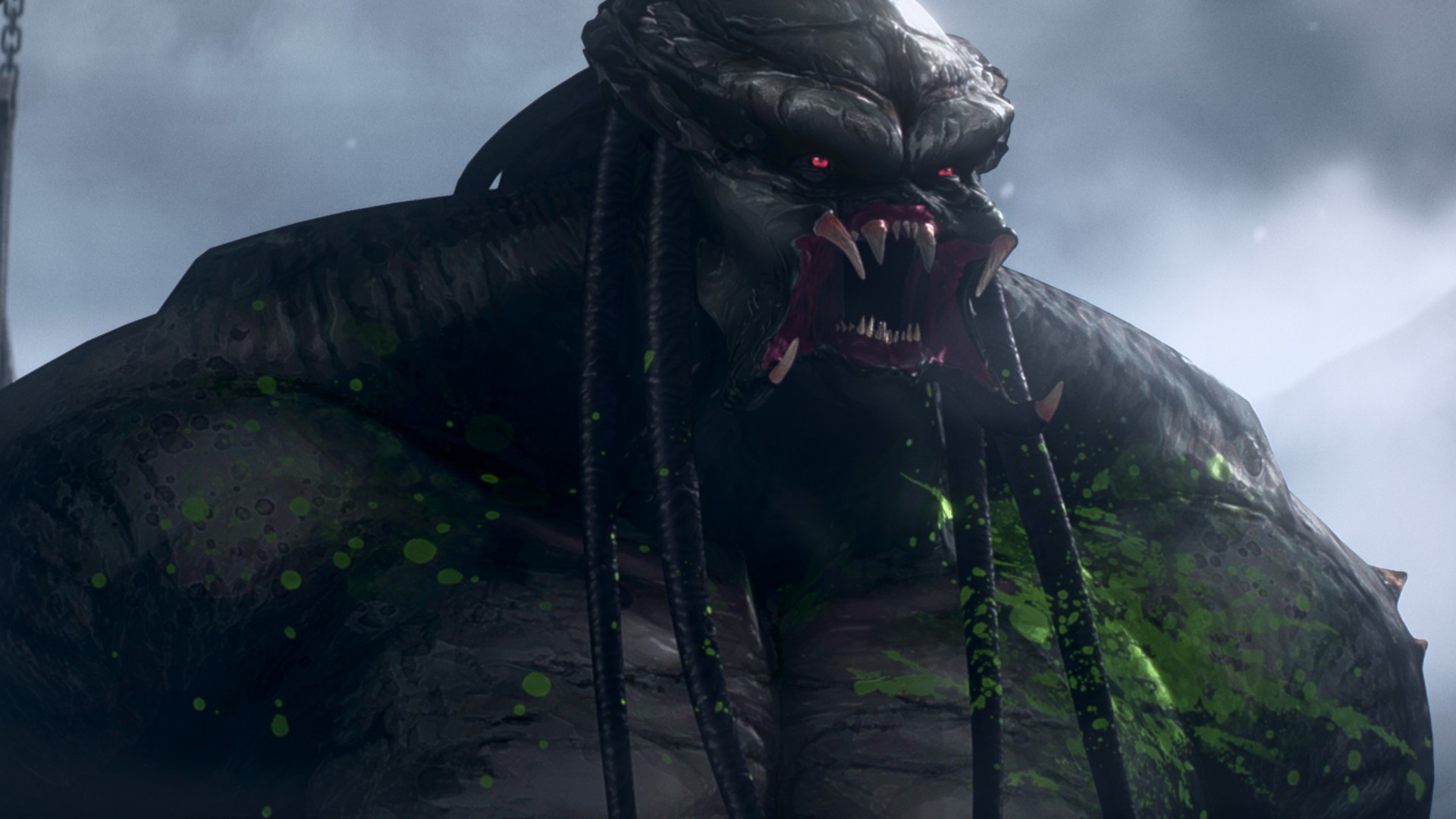Designer of Disco Elysium spiritual successor TTRPG reveals "key design tenet" mirrored in jazz and progressive metal: "Every misstep, every dead end [makes] the eventual release more beautiful"
Kevin M. Rodrigo talks about how his design philosophies for Jamais Vu tie in with his taste in experimental music.
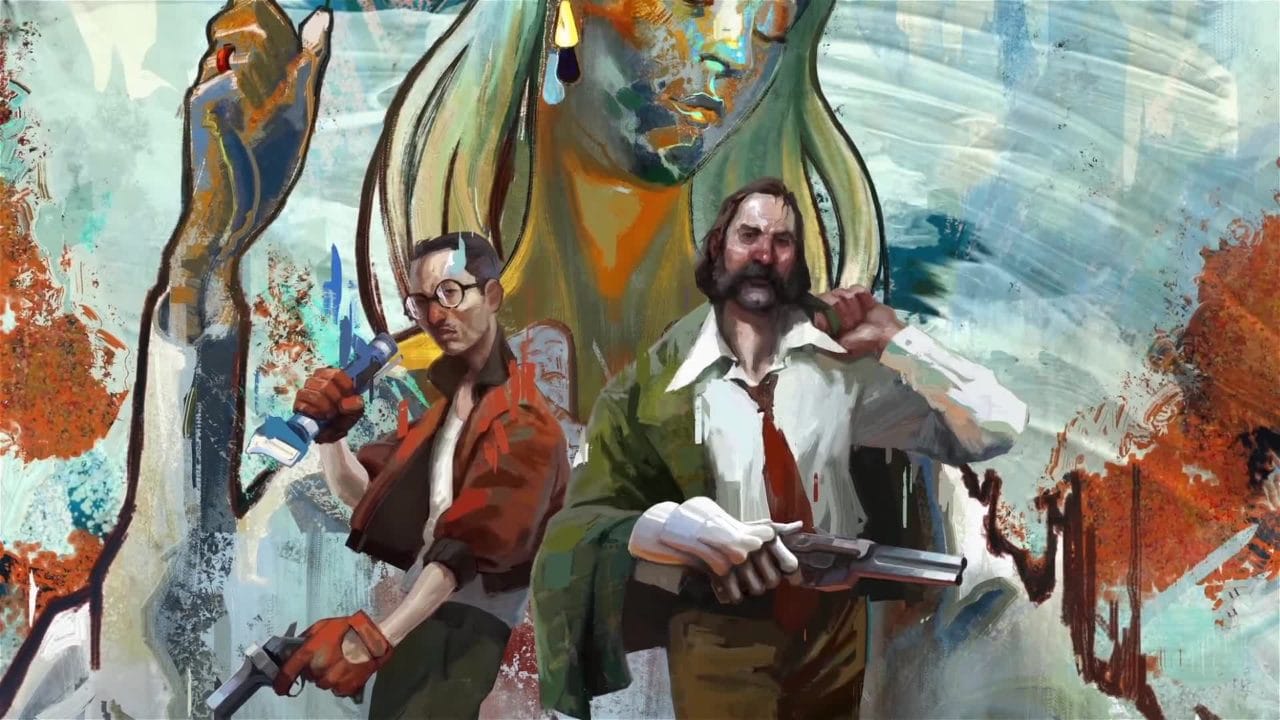
Cutting through each of us are countless voices. Most of mine tell me to check out more of the best tabletop RPGs, but there are others. Invasive voices that resonate from our core, belittling our self-image, calling out our actions, and lurching simultaneously in disparate directions. The relief amid this internal chaos for creatives like myself and Kevin M. Rodrigo – designer of Disco Elysium inspired TTRPG, Jamais Vu – is an outlet for the ever-hungry muse. And perhaps a conceptual metal album to help us make sense of it all through the power of music.
While Disco Elysium wasn't the only inspiration for his game, it played a huge part in its underlying philosophy. In particular, the imperfection of the human condition, and the permanence of our actions. Its description of the player character alone is one of the most humbling I've seen from a tabletop game: "You’re not the chosen one, you’re a mediocre human being at best."
Embracing failure is a core concept in both Disco Elysium and Jamais Vu. The rules even offer this up under the Let It Ride principle, in that "Sometimes, your action is irreversible and the opportunity is lost forever. This is life." There's no save scumming allowed here. This is a game in which you gain experience for fucking up. Speaking to Rodrigo, I discovered how his philosophy of failing forward works to support a fiction-first design principle in his Disco inspired TTRPG, and how his taste in experimental music bleeds almost inadvertently into the game's design.
In the beginning

Rodrigo tells me his design journey began while playing Baldur's Gate at age 12. He would pour over the workings of the AD&D-based system, trying to understand its complexities. Roll high on d20 and low on a d100? These are "rules that would be considered clunky nowadays," he says. At the time he concluded "TTRPGs must be cool but maybe a bit too hard on my neurons," as I'm sure many of us did at that age. Years later, it was his first taste of video game adaptations of popular tabletop games, such as Vampire: The Masquerade: Bloodlines, that set him on the path to TTRPG design. "That’s when I decided to take a serious look at tabletop games and see what all the fuss was about."
In attempting to find a system a little lighter than D&D 5th Edition to run for his pals, Rodrigo found himself modding Lasers & Feelings by John Harper, which he ran in the Numenera setting – another tabletop game that drew him in thanks to its attempts to focus on "dialogue, reactivity and moral choices instead of on combat." Deep in the world of tabletop roleplaying, he finally made contact with ZA/UM's punk-fuelled roots.
"I stumbled upon the devlog of Disco Elysium before it was released, back when it was called No Truce with the Furies, and I got fascinated with the philosophy behind the project." Mainly, he found reflections of his own design principles in what the designers had taken from games like Planescape: Torment – a game Rodrigo still considers "the best narrative experience I’ve had in any media." This is what helped set the stage for the highly narrative and dialogue focussed Jamais Vu.
Failing forward
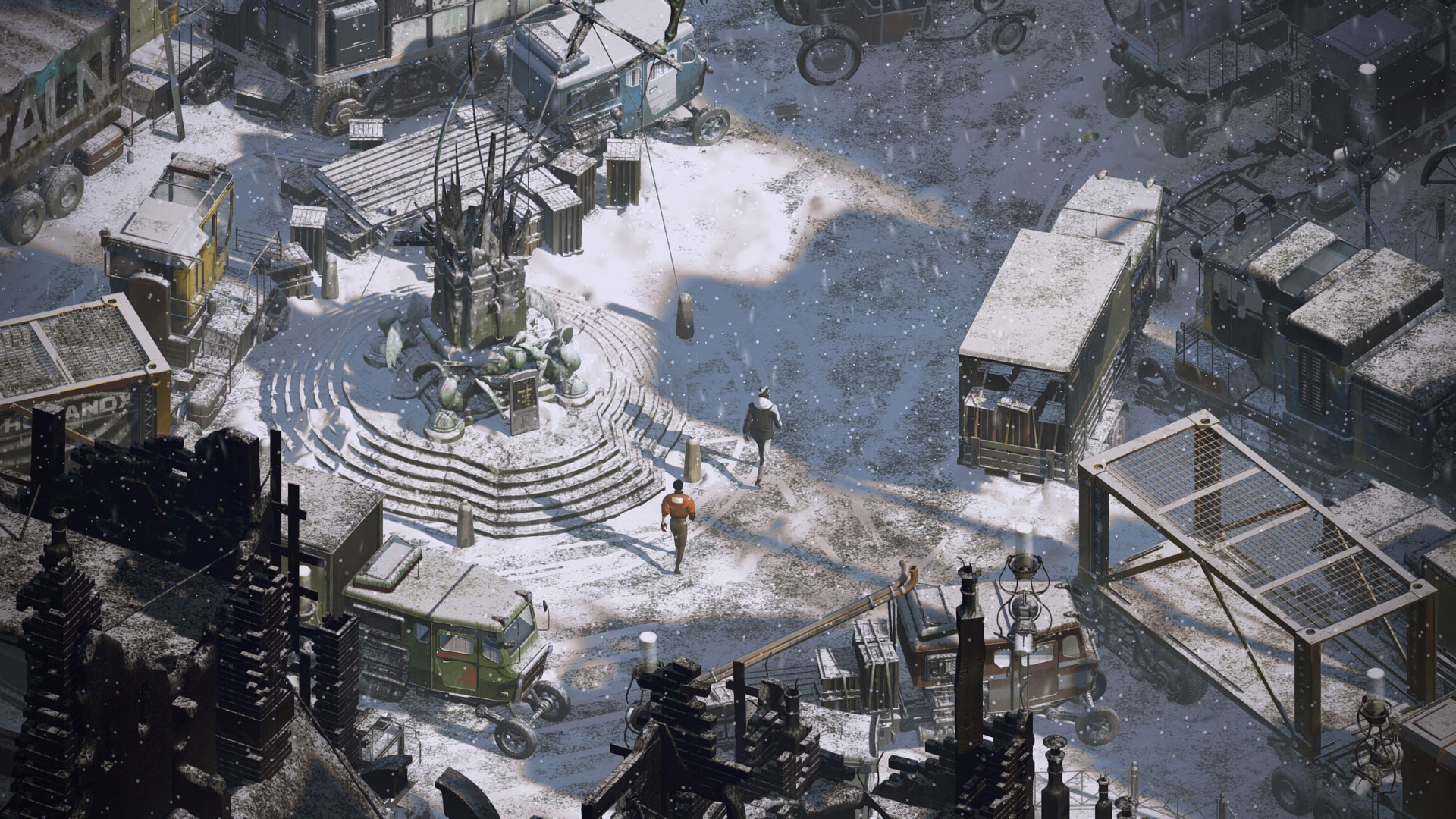
The Powered by the Apocalypse system also captured something special for Rodrigo, introducing him to the "concept of 'fiction first, rules second,' meaning that games should flow like a conversation, and that fictional events should trigger mechanics, instead of the more traditional games where you have to follow strict procedures and story emerges from it." This is something I always try to encourage in creative endeavors. Tabletop especially, where improvisational techniques like "Yes, and…" (which wills you to accept and build upon concepts introduced by others) are super important.
Sign up to the GamesRadar+ Newsletter
Weekly digests, tales from the communities you love, and more
In Jamais Vu, Rodrigo exemplifies this in the cooperative layering of narrative elements as players take on the role of the voices in each other's heads. Players spend interjection tokens to one another in order to personify one of their skills at any given moment. And while players can suggest how they might like to be interjected, it's up to the rest of the table to fill other character's internal worlds with unpredictable and deeply personal introspective hurdles.
In a similar vein, Rodrigo tells me how much music has meant to him through his life. In particular genres that "thrive in experimenting with unusual scales, deep harmonies, and rhythm changes." He mentions progressive metal like that of Dream Theater, Opeth, and Symphony X; as well as jazz numbers from Snarky Puppy, Hiromi Uehara, and Ben Matthews.
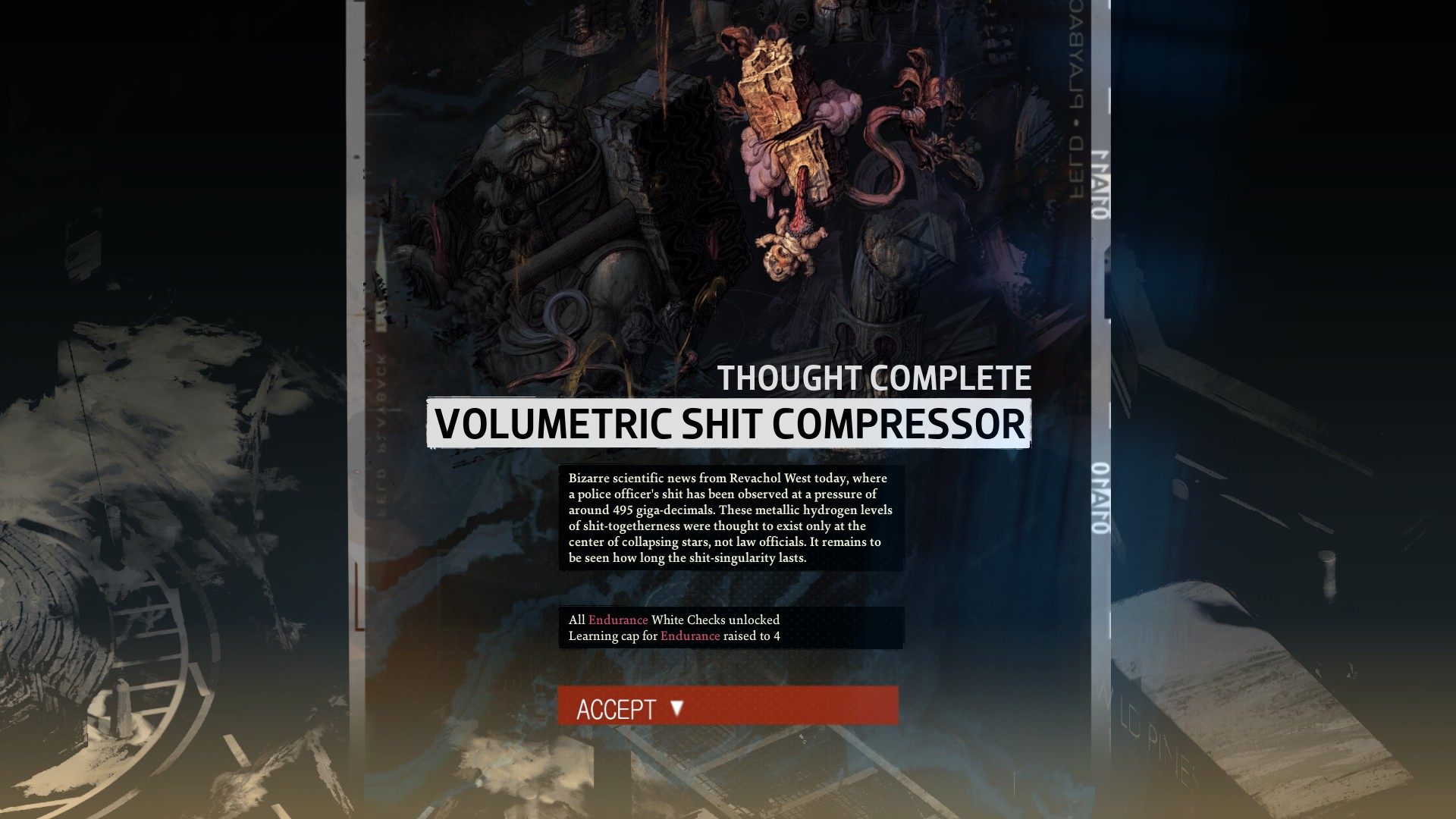
One album in particular manages to mirror his fascination with experimentation, while also drawing parallels to Disco Elysium's focus on internal chatter. The Human Equation by Ayreon, as Rodrigo explains it, is a concept album about a man in a coma, in which "his emotions – Fear, Love, Pride, and so on – talk to him." It's intensely progressive with deep chuggy segments denoting peril and anguish, interspersed with choral moments of reverence, all stemming from the character's frenzied internal reflections.
Expanding on how experimental music influences his TTRPG designs, Rodrigo says that "Playing jazz revolves around the idea that there are no wrong notes. All dissonances, all unexpected key changes can be resolved back to the tonic, and there’s beauty in the back and forth between tension and release." It's this same concept that "facilitates the same 'failing-forward' mindset accompanying Harry on his journey in Disco Elysium," says Rodrigo. He makes it clear that this mindset "Constitutes one key design tenet in Jamais Vu as well. Every misstep, every dead end, every shameful moment, they just make the eventual release more beautiful."
It's not only this experimental precept that rules over Rodrigo's designs, but also the savage intensity that many metal subgenres employ, which serve to soothe our fears in a deeply disturbing world. "A song is usually a journey. And metal in general has this bold, unapologetic attitude. This translates into my vision of game design by making me think outside the box [...] not being afraid of going extreme if the game asks for it."
For more recommendations, why not check out the best board games, or for more tabletop nonsense how about the best D&D books. Loners like myself might also enjoy some lesser known solo RPGs.

Katie is a freelance writer with almost 5 years experience in covering everything from tabletop RPGs, to video games and tech. Besides earning a Game Art and Design degree up to Masters level, she is a designer of board games, board game workshop facilitator, and an avid TTRPG Games Master - not to mention a former Hardware Writer over at PC Gamer.
You must confirm your public display name before commenting
Please logout and then login again, you will then be prompted to enter your display name.
